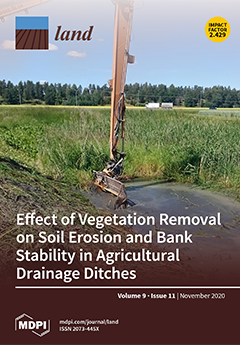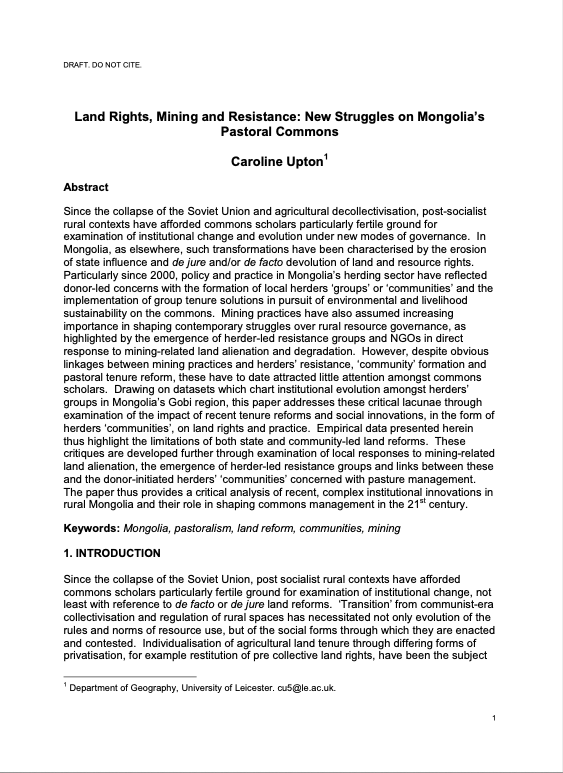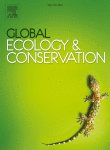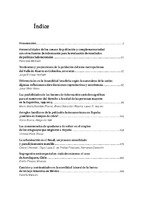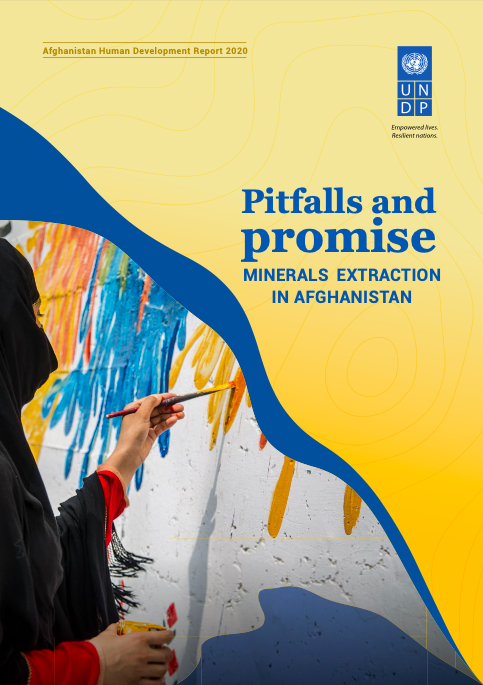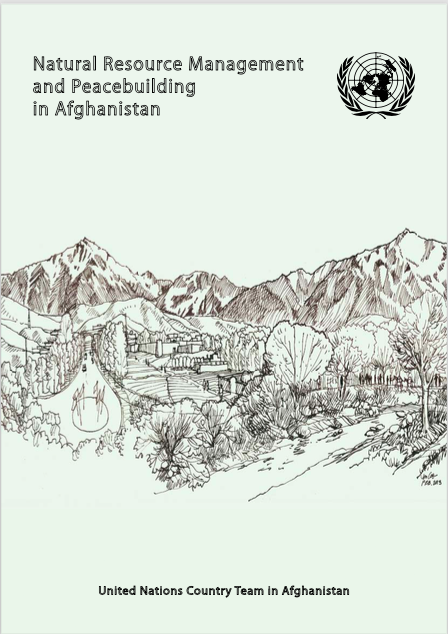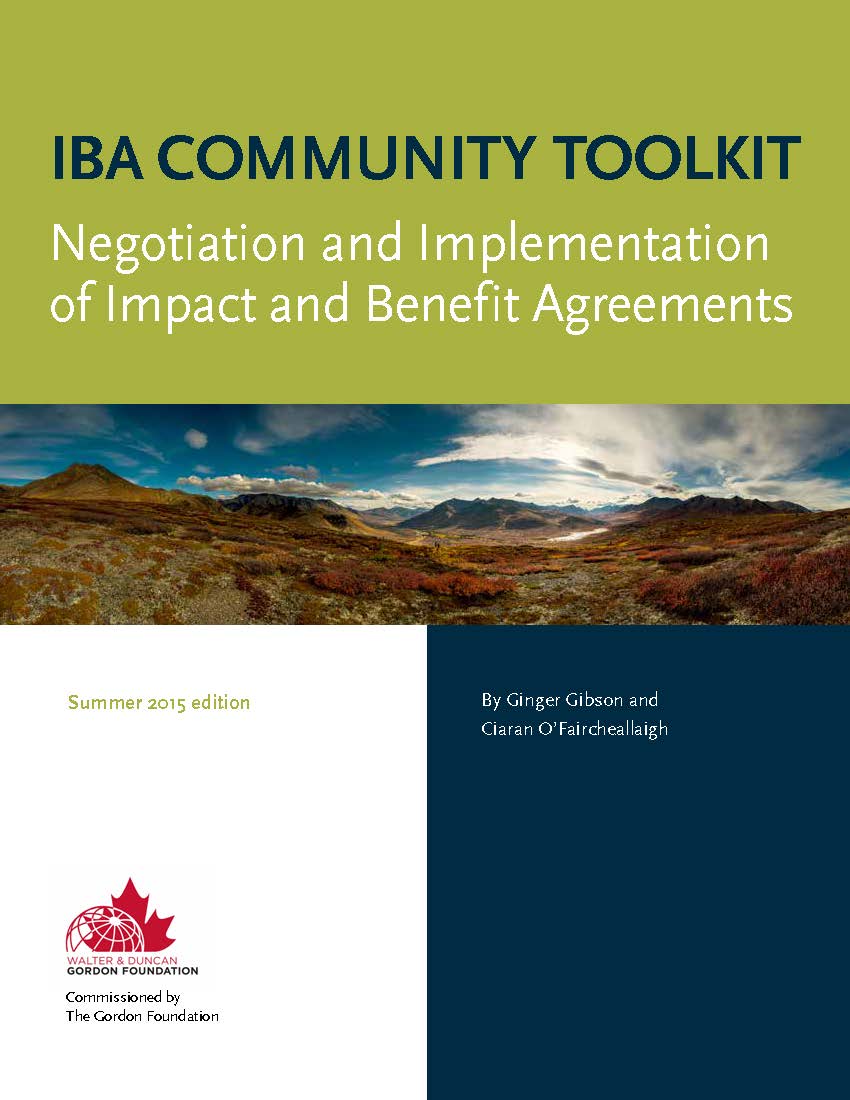Determining Indicators Related to Land Management Interventions to Measure Spatial Inequalities in an Urban (Re)Development Process
Nowadays, urban sprawl, urban densification, housing shortages, and land scarcity are some problems that intervene in the practice of urban planning. Those specific problems are currently more than ever emergent because they imply the notion of spatial justice and socio-spatial inequalities. Hence, it seems necessary to promptly research and describe these from a new and different perspective. Thus, we consider the Institutional Analysis and Development to define a conceptual framework to assess spatial justice.

